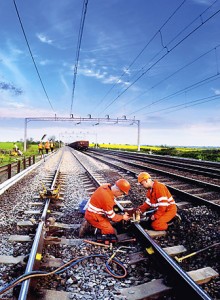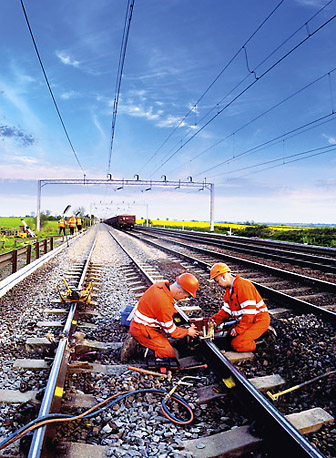 Network Rail, the state-backed rail maintenance company responsible for much of the UK’s surface rail, faces over £30 billion in total operating debts. The company is currently involved in a dispute with an industry regulator over its work quality as the condition of many rail routes in Britain worsens.
Network Rail, the state-backed rail maintenance company responsible for much of the UK’s surface rail, faces over £30 billion in total operating debts. The company is currently involved in a dispute with an industry regulator over its work quality as the condition of many rail routes in Britain worsens.
Britain’s leading rail and train station maintenance company spent over £5 billion on major investments to the country’s rail network last year, spokespeople for the company claim. Network Rail manages several aspects of Britain’s rail system and has spent the last few years investing heavily in Britain’s surface rail routes.
The company failed to meet train punctuality targets in the last year – a failure that the group’s management claims was due to a period of rapid growth, with 2,000 rail projects currently underway. 90.9 percent of trains ran on time during the last year, compared to a figure of 91.6 percent for the previous twelve months of operations.
Despite the decline in punctual rail services, the group reported an increase in the level of overall passenger satisfaction. The 2012/2013 period set a new record for passenger satisfaction, with over 85 percent of rail network users claiming that the level of service they experienced on Network Rail’s train service was satisfactory.
While Network Rail remains profitable despite its growing debt, the government is facing new problems in finding skilled rail staff. Rail franchising could mean lower-than-normal salaries for skilled railway staff currently employed by private firms, leading expert Richard Brown to claim that private sector hires were unlikely.
After the West Coast Main Line franchising hit problems last year, rail franchising has been a contentious issue for many in Britain. Brown, the chairman of Eurostar, claimed that asking private sector firms to operate rail lines runs the risk of hitting a commercial failure – a reality in the intensely competitive private sector.





